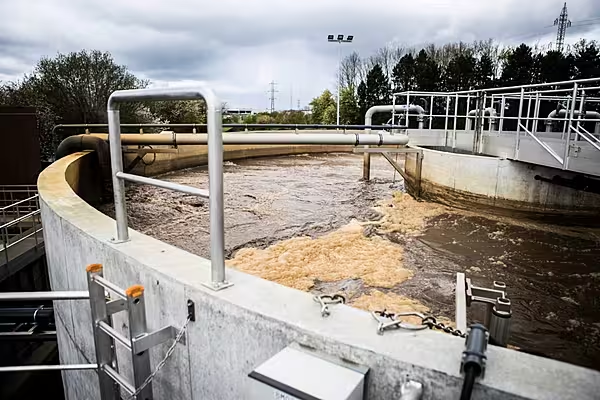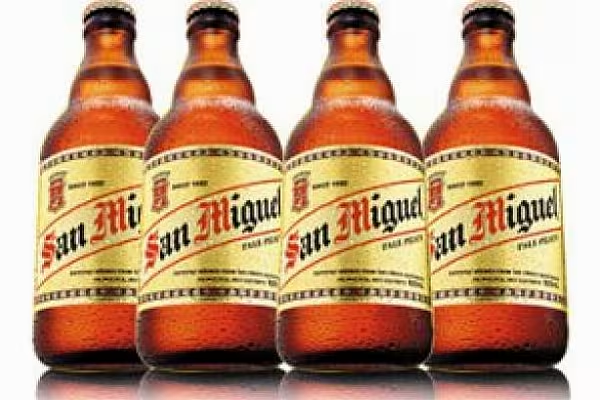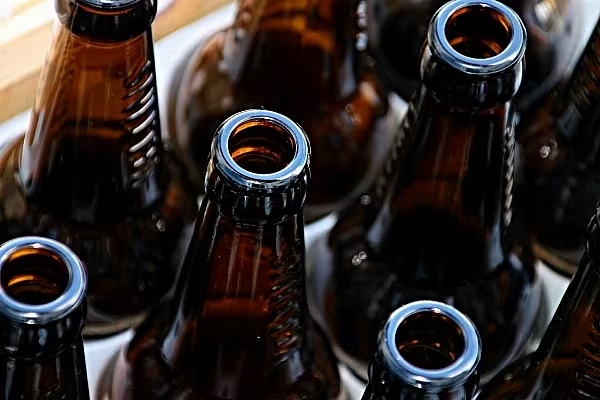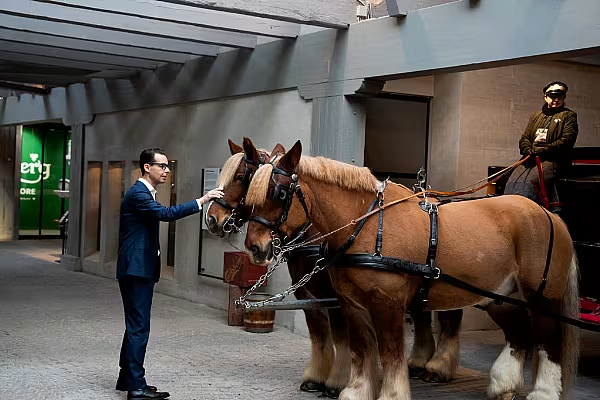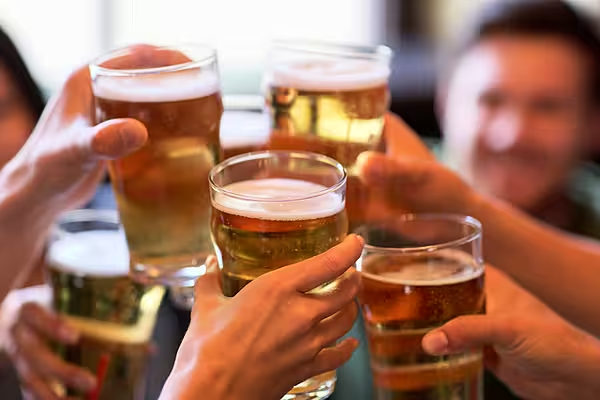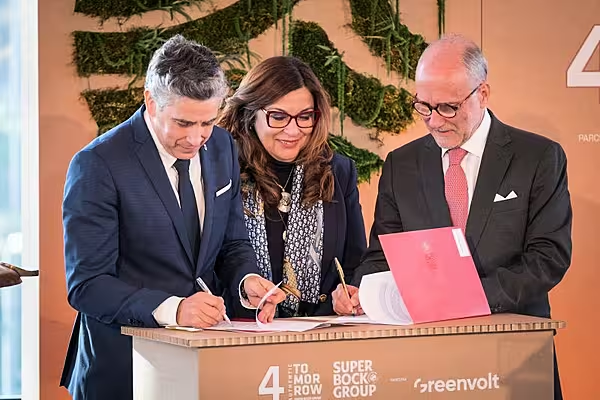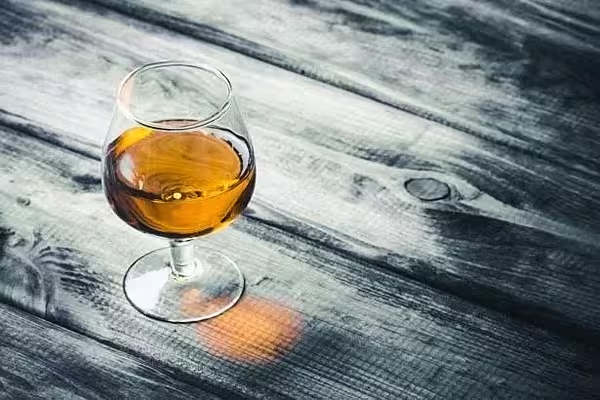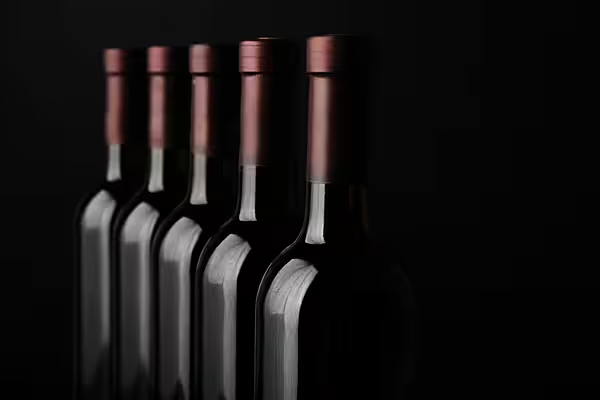Carlsberg has inaugurated a new water recycling plant in Fredericia, Denmark, that recycles 90% of the water used in the facility.
The brewer claims that it is the most water-efficient plant in the world and will enable the group to reach its target to eliminate water waste globally by 2030.
The new facility will allow the Fredericia brewery to save more than 500 million litres of water annually.
Water consumption will be halved from the current requirement of 2.9 hl of water per hl of beer to 1.4 hl of water per hl of beer, Carlsberg added.
'Water-Efficient Brewing Facility'
Philip Hodges, EVP Integrated Supply Chain at Carlsberg Group, said, "We are immensely proud to be able to unveil the world's most water-efficient brewing facility. Water is a basic ingredient in all our products, so water resource management is a high priority.
"Our water to beer ratio has always been low. Now we are taking it a step further. By recycling process water in our production, we are virtually eliminating water waste."
Water Recycling Plant
The water recycling plant will also reduce the brewery's energy consumption by 10% by generating biogas and hot water recirculation.
The goal to eliminate water waste in its operations is part of Carlsberg's sustainability programme, Together Towards Zero.
Carlsberg Group CEO Cees 't Hart said, "As a global company, we have a responsibility to support the UN Sustainable Development Goals, and as a brewery, we have a special responsibility to reduce water waste in our global production.
"The new water recycling plant in Fredericia will generate important learnings that can be implemented across our breweries in the rest of the world."
Collaboration
The brewer collaborated with the Danish partnership for Resource and water-efficient Industrial food Production (DRIP) for this water recycling project.
The plant has adopted a new and innovative approach to cleaning and recycling water, including UV light, to eliminate bacteria, among others.
Carlsberg Denmark Brewing Director, Anders Kokholm, added, "It is a whole new form of circularity in food production. In fact, the process water ends up being clean enough to drink, but we are only using the water to clean the production facilities."
